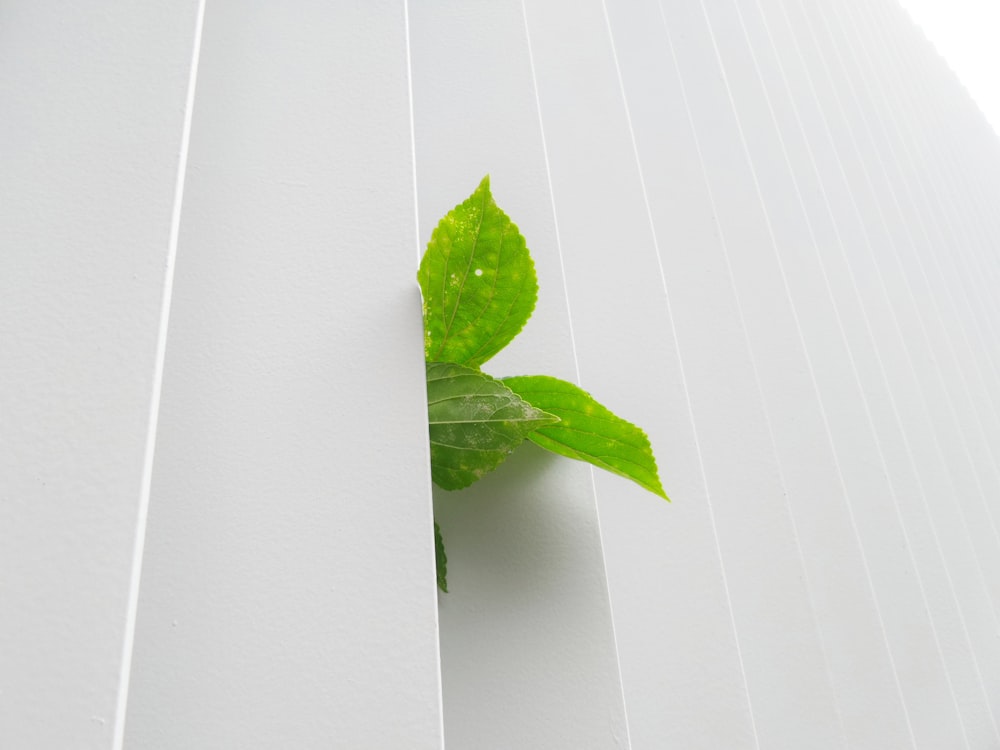How To Make Studies Eco-Friendly – 5 Green Ways

Have you ever wondered, how many sheets of paper can a single tree produce? Or, vice versa, how many trees have been irrevocably destroyed for you being able to acquire the knowledge from paper books?
The answer is – a lot.
For sure, the answer relies on different parameters: the size of the tree, the pulping process used, the type of wood used, etc. Yet, on average, a typical 8-inch diameter trunked tree with 45ft of usable tree would produce around 10,000 to 20,000 sheets. Take into consideration all of the books on your shelves, all the educational materials you’ve used in school or university, and all papers that chaotically lay down in your home or office. That’s a lot of trees, isn’t it?
The Earth loses 10 million hectares of forests every year due to deforestation. If not now, when do we start taking care of our planet? Everyone is able to make an input and impact.
We usually think about the environment when we go to the supermarket with a canvas shopping bag or sort the garbage. Although, all aspects of your life - even your studies – can be made more eco-friendly.
In this blog post, we share with you 5 ways to make studies eco-friendly and help nature (or at least not harm it).
How To Make Studies Eco-Friendly
Choose Schools / Courses in Your Neighborhood
This way you can walk there instead of taking three buses with transfers (or, even worse, in your own car). Walking is good not only for your health but also for the health of the planet as a whole - transport fuels account for at least 14% of all greenhouse gas emissions. In addition, unlike gasoline and travel cards, it is free. For a year of walking, you will save so much that you can buy a good bike or a dream scooter.
It’s even better to study online, especially now that technology allows it. Of course, this way you will waste electricity, but the carbon footprint will be smaller in any case. An hour of work at a computer in this sense is incomparable with frequent traffic jams.
Use "Green" Technologies
In school or university, you have to take what is offered. But if you study at home, you can choose a power-saving laptop or turn on the power-saving mode on your tablet or smartphone. Use energy-saving light bulbs instead of conventional ones. Turn off the heater or air conditioner if not needed. Look for electronics labeled with the Energy Star icon, the international standard for energy efficiency. Devices with an asterisk on average use 25-30% less energy than less green gadgets that do not receive this certification.
Avoid Paper Textbooks and Printouts
Every fifth tree on the planet is cut down for paper production. What's more, farmland is often used for forest plantations, and farmers driven off by pulp concerns are forced to cut down wild forests to continue growing their carrots and wheat. We must not forget that the production of paper is a rather energy-intensive and dirty process that requires the use of chemicals. In short, everyone will benefit if you switch to e-books, e-notebooks, and e-study guides.
On LiveCarta, for example, there’s a whole variety of open-source & low-cost books and other resources for students and anyone looking to acquire new skills.
Recycle What You Don’t Need Anymore
If you cannot study without books and notebooks, do not throw away your used manuals. Notebooks, printouts, and even sticky notes can be collected and recycled. Take the textbooks you read to bookcrossing points, charities, secondhand bookshops, or local libraries. You can even advertise book giveaways on your social media.
Consume Information Consciously
Information consumption should also be environmentally friendly. Clean your mail from unnecessary mailings and letters with discounts on courses. Most likely, you will not be able to cram them all into yourself - and this is not necessary. And you will at least slightly reduce the load on the mail server where the data is stored - they consume a lot of energy. Scientists even recently conducted a study and found that in the UK alone, 64 million emails are sent per day that do not carry a semantic load, but at the same time leave a carbon footprint. Therefore, before sending another LOL in the messenger and subscribing to the thirty-fifth mailing list, decide whether you really need it.
It is better to take only one course but study it carefully and systematically. And do not read all the materials on the topic that interests you, but only those articles that are of practical use.
Check out, how else LiveCarta can be useful for your studies.

